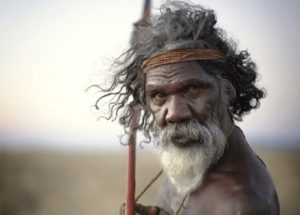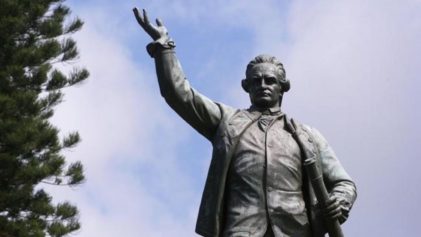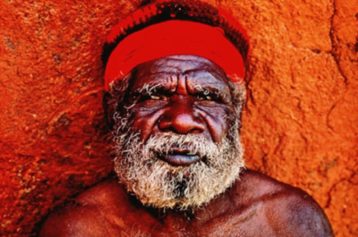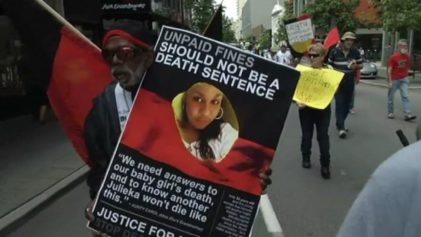As the teaching of Black history and the whitewashing of a violent, racist legacy has taken center stage in the U.S., the debate rages on in Australia as well. The University of New South Wales has established new guidelines on the teaching of Indigenous people in Australian history, as ABC.net.au reported. And these new guidelines have been met with criticism, including claims of rewriting the history books.
The UNSW guidelines recommend that references to Australia being “settled” should be replaced with the term “invaded,” and says it is offensive to say that Captain James Cook “discovered” Australia. The university says the standards are designed to avoid offending Indigenous people.
Critics have reacted with outrage, condemning the guidelines as “rubbish” and claiming the institution was “rewriting the history books to state Cook ‘invaded’ Australia.”
“The university rejects any notion that a resource for teachers on Indigenous terminology dictates the use of language or that it is designed to be politically correct … The guide does not mandate what language can be used,” said the university in a statement it released. “Rather, it uses a more appropriate/less appropriate format, providing a range of examples. This is an important distinction to make.”
“We know this country has a colonial history and that certainly has been characterized by a devastating land dispossession, violence and unapologetic racism as well,” said Indigenous historian Jackie Huggins.
Huggins said the UNSW standards are appropriate, and the backlash demonstrates the country has a long way to go in educating about its past.
“We cannot deny our history. It’s a history that’s never fully been taught to us in our country,” she told ABC.net.au. “I don’t find it surprising at all that there is this incredible idea that it’s unfair … for far too long it’s been very unfair on Aboriginal and Torres Strait Islander people in terms of denying and having our history not even talked about at all. It shows how far we have to go in educating our country and coming to terms with reconciliation and the debate that needs to happen.”
As Luke Pearson wrote in the Independent, a person wearing a t-shirt reading “White Australia has a black history” was not allowed entry to the Parliament House before turning the shirt inside out, which “may be perceived as threatening to the white Australian ideal of this land being ‘settled in peace and not war’.” The larger issue is the country’s refusal to include Aboriginal voices in the teaching of history, and as Pearson argues, an attempt to justify the dismantling of services and programs that benefit Aboriginal people.
“If invasion never happened, Aboriginal people never had any ownership of land, Terra Nullius was justified, and Aboriginal people were never mistreated (Understatement of the Millennium Award), then the impacts of intergenerational trauma do not exist, colonization and institutional racism are not ongoing, and there is no rationale for any Aboriginal specific programs – from Land Rights to medical services – and all issues affecting Aboriginal communities are the sole fault of Aboriginal people themselves,” he argued. “This is the crux of how the History Wars is used to try to impact on government policy.”
He further cited efforts by former Prime Minister Tony Abbot to rewrite history in an article for Quadrant, arguing that “Unlike France or Britain, we lack a colonial past to complicate the present.”
“Nothing but bush,” is what Abbot once said about Indigenous Australian people, also dismissing the grim realities of invasion as “a form of foreign investment.”
According to Pearson, mainstream media are bemoaning the UNSW controversy as “stifling the free flow of ideas.” Meanwhile, these networks fail to highlight any Aboriginal voices, experts or historians, opting instead for white voices “talking to people who obviously wouldn’t agree that Australia was invaded — or even that the Stolen Generations wasn’t awesome.”
The Stolen Generations refers to the official policy of the Australian government from 1910 to the mid-1970s in which over 10,000 Aboriginal and Torres Strait Islander children were forcibly taken from their families and placed in homes for the purpose of assimilation. In February, Australian talk radio host Alan Jones called for a return to the Stolen Generation policy in order to “protect” Indigenous children from their parents’ drug problems, as the Guardian reported.



